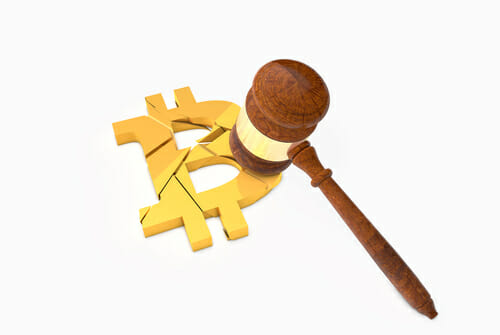The proliferation of cryptocurrencies has come with a few caveats. Sure, they represent a safer way to buy and sell assets, thanks to the blockchain support, but that does not mean that some shady people use them for illicit purposes.
Japan, most specifically its National P
A Japanese news site recently reported that a considerable amount of suspicious cryptocurrency transactions were performed in the country. To be more specific, the number reaches 5,944 reports to authorities about suspected illegal uses of crypto assets, including frauds and money laundering, from January to October.
A Huge Jump Compared to last Year
The number is alarming, considering that last year; the cases that fell under that classification were only 669. According to
An NPA staffer is quoted as saying that the increase can be considered a positive development, since it points out to operators having become “widely aware of their reporting obligation,” in order to enhance the overall security levels within the industry.
“It’s already been some time since the reporting system began, and it has been embraced by the industry
Japanese authorities are eager to combat the illicit use of
Sources indicate that the Japanese government is continually looking to develop and promote a system that would allow theNational Tax Agency to gather data from crypto transaction intermediaries about people that use these assets.
Crypto exchanges would have to show compliance with regulatory norms, otherwise they risk losing their license to operate in the country. They will also risk the last scenario if they help tax evaders.
Only a Small Percentage of Money Laundering Cases are Related to Crypto
Japan has proven time and time again that it is among the nations with the most extreme stance on regulating the use of
The FSA, which is the Financial Services Agency in Japan, is toying with the idea of tightening ICO (Initial Coin Offerings)regulations to help users be protected against potential scams and frauds that have become so frequent in these types of fundraising events.
There is another issue that complicates the police and regulators’ project, and it is the use of foreign accounts to perform crypto transactions and participate in ICOs.
By Andres Chavez











